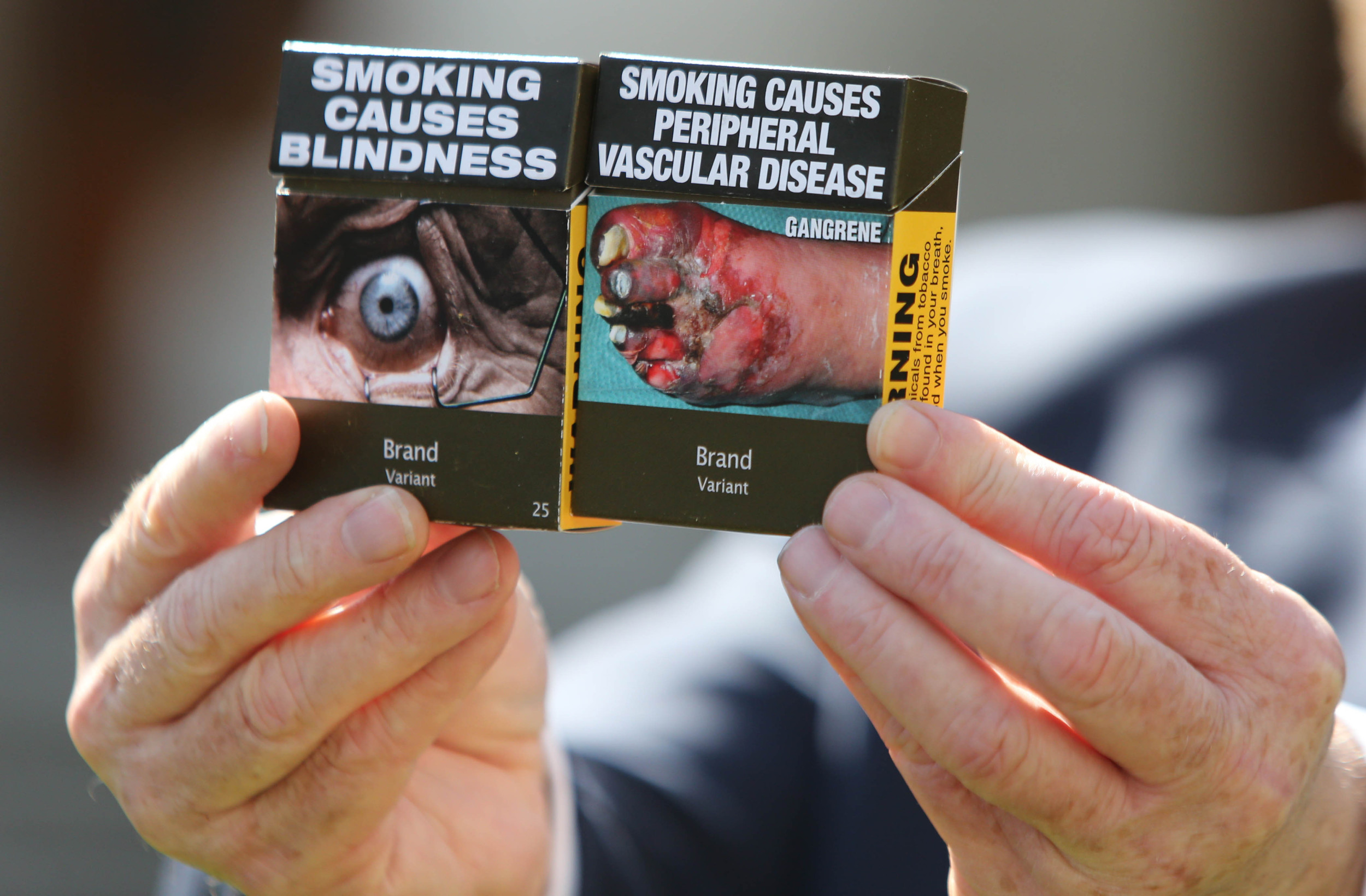While Black Friday is a highly anticipated event as massive sales and reduced prices bring consumers to the stores, around 44 percent of Black Friday shoppers this year are turning to ChatGPT and other AI tools to uncover deals without ever leaving the couch, according to a new survey.
The annual shopping day has undergone several shifts over the years from once being defined by midnight lines snaking outside retail stores to pandemic era online shopping, the shift to technology has been significant in recent years.
According to a survey, released earlier this month, of 2,000 consumers by research firm Attest, 44 percent of prospective Black Friday shoppers plan to integrate AI tools into their deal-finding strategy. In addition, 48 percent will use a generative AI tool such as ChatGPT to obtain product information and inspiration.
This comes as tech companies like OpenAI and Perplexity AI have expanded their offerings, rolling out features designed to help consumers navigate holiday sales. In addition, ChatGPT can now generate itineraries for die-hard Black Friday enthusiasts, mapping out store visits, optimal deals, and even restaurant stops.
Newsweek has reached out to OpenAI via email for comment.
Jim Malervy, a 46-year-old marketing executive from Philadelphia is just one consumer leveraging AI to streamline his holiday shopping for the second consecutive year, Bloomberg News reported.
According to Bloomberg News, last year, an AI-powered pricing app helped Malervy score a $50 discount on an iPad for his daughter. This year, he's using apps like PayPal's Honey to track deals on the Margot Robbie rollerblading Barbie doll from the Barbie movie, aiming for a 30 percent discount.
"AI takes the stress out of shopping," says Malervy, who runs the website AI GPT Journal. "It eases that anxiety of wondering whether you're getting the best price."
Meanwhile, this comes as major retailers are grappling with a cautious consumer base, as inflation and global uncertainty weigh on spending.
While economic stressors—from rising prices to geopolitical tensions—are prompting consumers to adopt smarter, more efficient strategies to stretch their dollars, for many, that means putting their trust in AI.
According to the Attest survey, consumers show a high level of trust in AI tools, with nearly 40 percent stating they trust them "completely".

However, consumers are not the only ones embracing the technology trend as retail giants like Amazon and Walmart are also enhancing their own AI capabilities to improve product recommendations and pricing. Walmart CFO John David Rainey calls this shift "a glimpse of the future."
According to Bloomberg, for shoppers like Frédéric Bourgeois-LeBlanc, 32, from Montreal, AI has become indispensable stating that it's too stressful and time-consuming to research the best products and prices.
Bourgeois-LeBlanc, who turned to Weever.AI, a platform that provides tailored product recommendations, said this year, he's using the tool to hunt for gaming headphones, adding that it's easier for "someone like me, who isn't used to doing deep research."
Weever.AI Co-Founder and CEO Frédéric Marcoux says his team is gearing up for a surge in demand this Black Friday.
Similarly, Perplexity AI has reported a spike in searches for terms like "Black Friday" and "Cyber Monday."
The surge in demand also comes as deals often change faster than traditional shopping methods can track.
Shoppers like Lisi, a 17-year-old influencer behind the TikTok channel "Lisi Shops," have turned to AI for help.
"Sometimes you'll look them up and it'll be like the deals from 2020. It's like, no, I want the deals from this year," Lisi told Bloomberg explaining how ChatGPT has revolutionized her approach to finding discounts.
However, generative AI tools aren't infallible. ChatGPT's recommendations occasionally miss the mark, suggesting outdated venues or offering incomplete information.
In addition, OpenAI cautions users to fact-check AI outputs, especially when relying on them for high-stakes decisions like holiday shopping.



















 English (US) ·
English (US) ·